With the project OPEN FIELDS the Institute for Art in Public Space Styria combines the realms of art and agriculture. It includes 12 sub-projects by various international artists and art collectives and just as many Styrian farms.
Read More
Image Credits
Duration
24.05. - 13.11.2024
Opening
24.05.2024 16:00
Location
Art in Public Space
Meeting point
Runddorf Zelting, 8490 Bad Radkersburg
Curators
Elisabeth Fiedler
Co-curators
Jasmin Haselsteiner-Scharner
Show all
The installation Dealer’s Way by the artist Benjamin Reynolds was created in context of the OPEN FIELDS – Art and Agriculture project. It was opened on May 24th, 2024 and can be visited in Ruddorf Zelting until November 13th, 2024.
Impressions
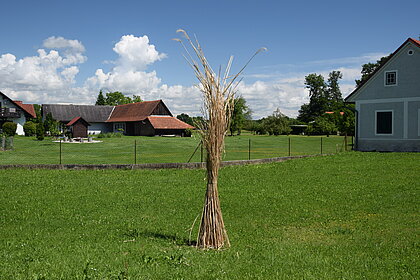
Image Credits
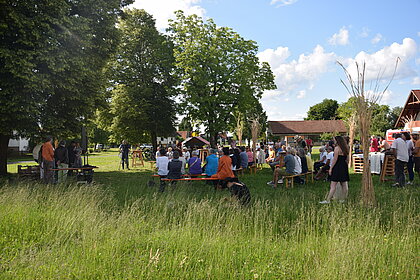
Image Credits

Image Credits
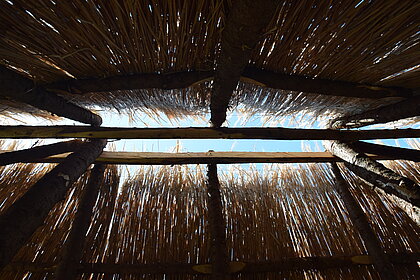
Image Credits
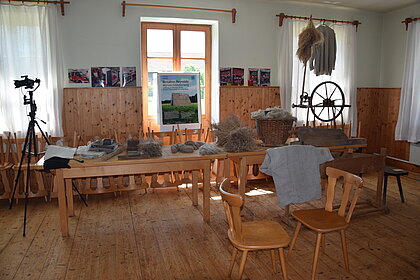
Image Credits
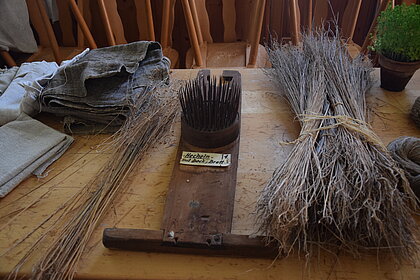
Image Credits
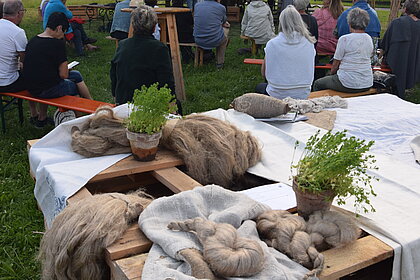
Image Credits

